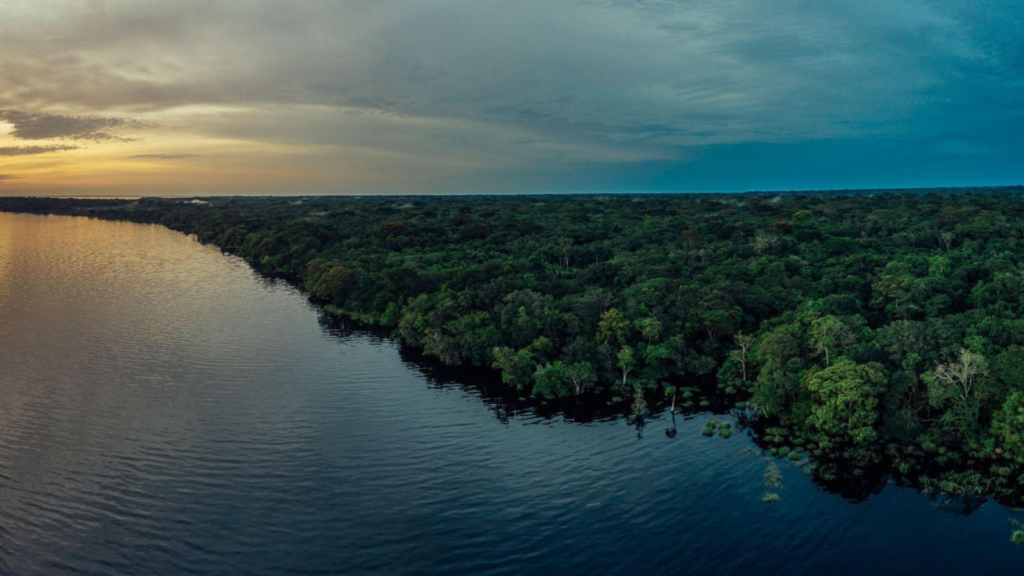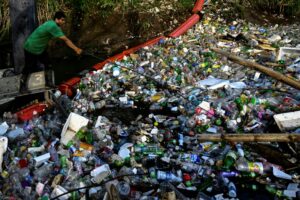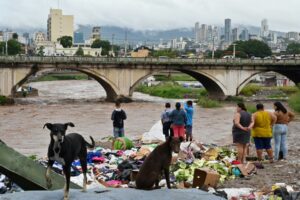Impact of REDD+ Projects on local economic development: Lessons from Wildlife Works

Photo courtesy of Wildlife Works
Opinions expressed by Digital Journal contributors are their own.
The United Nations established the Reducing Emissions from Deforestation and forest Degradation (REDD+) mechanism in the early 2000’s to help fight climate change by protecting endangered ecosystems. In the years since, REDD+ initiatives have had many far-reaching benefits, including rapidly bolstering local economic development in Africa, South America, and Southeast Asia.
Founded in 1997, Wildlife Works is a global community-centered conservation organization. The organization implements economic solutions to protect Earth’s most endangered wildlife and the wildernesses they call home. These solutions support environmental protection by directly financing community conservation efforts in critically threatened natural habitats.
The importance of collaboration
Wildlife Works partners closely with forest communities to help actualize the community’s vision for their own sustainable development. This serves the immediate efforts of the UN Sustainable Development Goals and the planet benefits in the long term.
Wildlife Works has continually refined its implementation of REDD+ practices since undertaking its first project over a decade and a half ago. In the years since, the organization and its team have become leaders in the field, sharing their REDD+ best practices and direct field experience.
REDD+ lessons From Wildlife Works
Since 2008, Wildlife Works has worked on developing and improving upon best practices for REDD+ implementation. Among these best practices are listening to local communities and obtaining meaningful prior and informed consent between all parties before commencing new projects.
The organization is a long-standing champion of developing community-determined economic and social opportunities as a foundation to successful conservation action.
Currently, forest nations and their communities receive little or no monetary compensation for their work in managing their local ecosystems. However, under REDD+, this crucial conservation action can be appropriately funded.
The outcome of this strategy is a genuine win-win scenario, where the world’s oldest and most biodiverse forests remain intact by ensuring financial compensation for forest communities for their conservation work and knowledge. Find out more at WildlifeWorks.com/REDD-Projects.
Impact of REDD+ Projects on local economic development: Lessons from Wildlife Works
#Impact #REDD #Projects #local #economic #development #Lessons #Wildlife #Works





